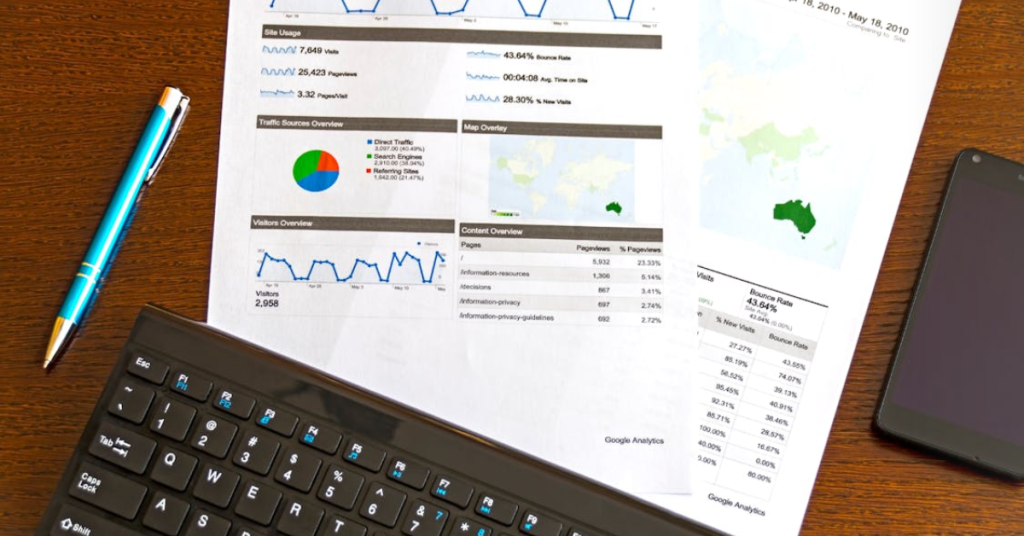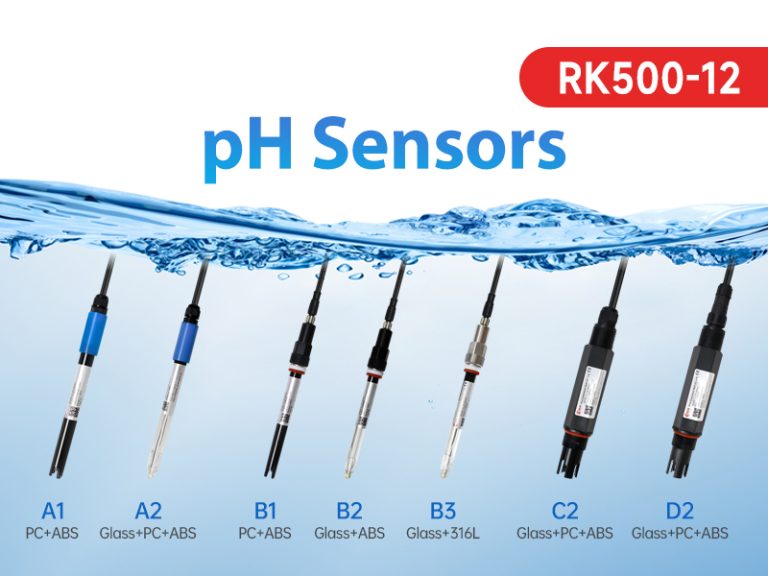Sales Enablement 101: What It Is and Why It Matters

Sales enablement is a critical function that empowers sales teams to increase their effectiveness and engagement with prospective customers. It encompasses the tools, resources, and training necessary to equip sales professionals with the knowledge and skills they need to succeed. In today’s fast-paced and competitive market, aligning sales and marketing efforts is more crucial than ever, as it allows organizations to provide a consistent customer experience while driving revenue growth.
By understanding the needs of both the sales team and the customers, businesses can develop targeted strategies and implement best practices that facilitate smoother sales processes. This introduction to sales enablement will explore its key components, the benefits it brings to organizations, and how companies can leverage it to optimize their sales efforts. By investing in sales enablement, organizations not only enhance their sales capabilities but also foster a culture of continuous improvement and adaptability in an ever-evolving marketplace.
What is Sales Enablement?
Sales enablement is a comprehensive and strategic approach designed to equip sales teams with the essential tools, resources, and knowledge they need to sell more effectively and efficiently. This process encompasses a combination of training, content development, and technology integration, all aimed at enhancing the overall efficiency and productivity of sales representatives. By providing your sales team with the right materials—such as detailed product information, customer personas, and effective sales techniques—you empower them to engage more meaningfully with prospects and close deals faster.
Moreover, sales enablement is not just about immediate sales boosts; it’s about fostering long-term relationships with clients and ensuring that sales representatives are consistently informed about market trends and customer needs. This strategic alignment between marketing and sales is crucial, as it ensures that both departments collaborate seamlessly to achieve common goals. When marketing provides high-quality content and insights while sales teams utilize that information effectively, the result is a synchronized effort that drives revenue growth and enhances customer satisfaction. Ultimately, sales enablement creates a culture of continuous learning and improvement, positioning your organization for sustained success in a competitive landscape.
Increasing Revenue through Sales Enablement
One of the most compelling reasons for investing in sales enablement is its direct impact on revenue generation. By implementing a well-structured sales enablement strategy, businesses can streamline their sales processes, leading to increased efficiency and a higher rate of closed deals. This is particularly evident when considering how sales enablement consultants increase revenue right now; these professionals assess current sales methodologies, provide targeted training, and ensure that sales teams have access to up-to-date marketing materials and insights. As a result, organizations that embrace sales enablement not only enhance the skills of their sales personnel but also create a more cohesive alignment between sales and marketing, ultimately driving higher revenue growth.
The Role of Training in Sales Enablement
Training is a crucial component of sales enablement. It involves educating sales representatives on various aspects of the sales process, from product knowledge to communication skills. Effective training programs equip sales teams with the necessary skills to handle objections, build rapport with prospects, and close deals successfully. Continuous training ensures that sales representatives stay updated on industry trends, new products, and best practices. This ongoing education not only boosts their confidence but also enhances their ability to deliver value to customers, ultimately leading to increased sales performance.
Creating and Distributing Effective Sales Content
Content plays a vital role in sales enablement. It includes everything from brochures and case studies to presentations and email templates. High-quality sales content helps sales representatives engage with prospects more effectively by providing them with relevant information at different stages of the buyer’s journey. Creating a centralized repository of sales content ensures that your team has easy access to the materials they need. Additionally, using analytics to track the performance of different content pieces can help you refine your strategy and focus on what works best.
Leveraging Technology for Sales Enablement
Technology is a key enabler of sales enablement. Various tools and platforms can streamline the sales process, automate repetitive tasks, and provide valuable insights into customer behavior. Customer relationship management (CRM) systems, for instance, help sales teams manage leads, track interactions, and monitor the sales pipeline. Sales enablement platforms offer features like content management, training modules, and performance analytics. By integrating these technologies into your sales strategy, you can enhance the efficiency and effectiveness of your sales team, allowing them to focus on what they do best—selling.
Measuring the Success of Sales Enablement
To determine the effectiveness of your sales enablement efforts, it’s essential to track key performance indicators (KPIs). These metrics can include sales conversion rates, average deal size, and the time it takes to close deals. By regularly monitoring these KPIs, you can identify areas for improvement and make data-driven decisions to optimize your sales strategy. Additionally, gathering feedback from your sales team can provide valuable insights into the challenges they face and the support they need. This continuous evaluation and refinement process is crucial for ensuring the long-term success of your sales enablement program.
Building a Culture of Continuous Improvement
Sales enablement is not a one-time initiative but an ongoing process that requires continuous improvement. Encouraging a culture of learning and development within your sales team can drive long-term success. Regularly updating training programs, refreshing sales content, and adopting new technologies are essential steps to keep your sales enablement strategy relevant and effective. Additionally, fostering open communication between marketing and sales teams ensures that both departments collaborate effectively and align their efforts towards achieving common goals. By committing to continuous improvement, you can ensure that your sales team remains agile, adaptable, and successful in an ever-changing business environment.

Sales enablement is a powerful strategy that can transform your sales team’s performance and drive significant revenue growth. By providing your sales representatives with the right tools, resources, and training, you empower them to engage more effectively with prospects and close deals faster. Implementing a robust sales enablement program involves creating high-quality content, leveraging advanced technologies, and fostering a culture of continuous improvement. By doing so, you can ensure that your sales team remains competitive and successful in today’s dynamic business landscape. If you’re ready to take your sales strategy to the next level, consider implementing sales enablement and experience the benefits firsthand.





